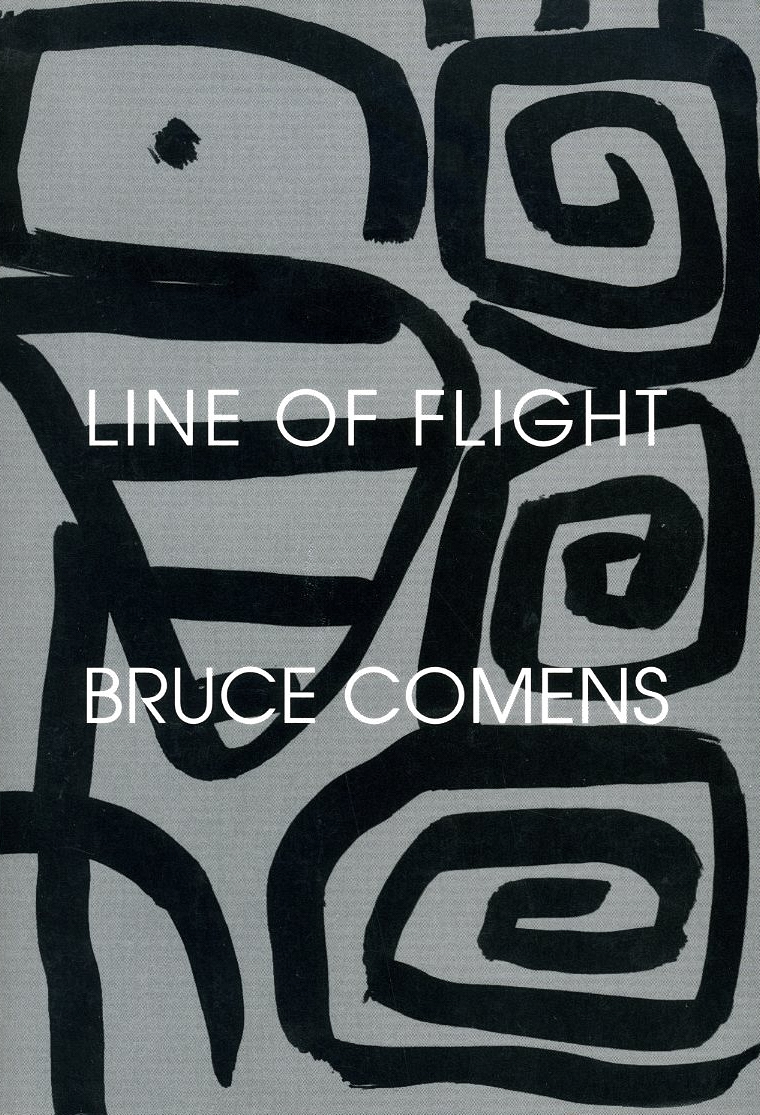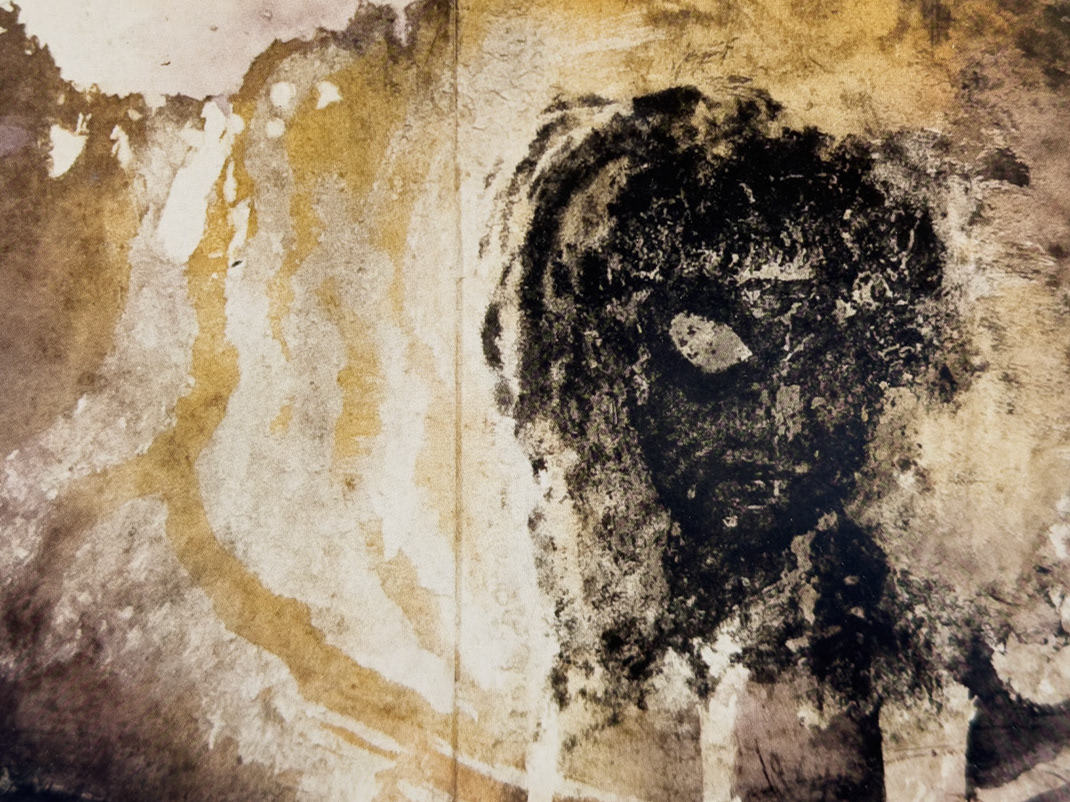The book below collects short narratives and prose poems originally published in various magazines.


The last piece in the book is based on the fresco of the Diver found on the lid of a tomb in Paestum.
The Diver
You draw a leaf, and the stone becomes air; the sway of a bough, and there is wind. Words too, flowing, ebbing, forming and reforming. For a while the figure is buoyed, suspended in air.
The form is at once casual and exact: arcing downward, arms stretched out, legs up, the soles of the inverted feet parallel to ground, or what would be ground. The knees are slightly bent, so that the legs begin a curve that carries through the back and along the outstretched arms to the fingertips, interrupted by the smaller, counterposed curves of buttock and shoulders. Only the testicles and penis betray the pull gravity; the body itself shows no sign of motion, hovering between, arcing one imagines forever toward the sea below. Yet when you trace the body’s curve, the trajectory curves back upward, skimming over the waves rather than plunging in. Is that why the sea bulges? For it, too, is counterposed, curving upward toward the figure as if yearning to receive him. But no doubt it merely answers the expanse of sky. It’s almost an empty scene, the sea with its bulging wash of small waves, the two trees, the three columns. The light falls evenly over all, the background a wash of white. Is that why it feels so inviting? You want so to be at home, yet you are always leaving in search of it. Dreams of trees wave lazily toward you, one behind, on the other side of the columns—a branch dangles charmingly downward, in sympathy or farewell—one in front, on the other side of the sea. Now it’s the three pillars that stand out; scored by thick black lines, they seem whiter than thought, whiter than memory. Impossible to think the figure was ever anchored there. But it doesn’t matter, for the moment there is only this endless dive, singular and whole, in a world shrunk to its elements. The body ruddier than bronze, the eyes wide and bright: whiter than air. Does he glimpse, out at the corners, the floral figures that grace the frame? And is he falling or flying? Only the curious, fixed smile returns.

